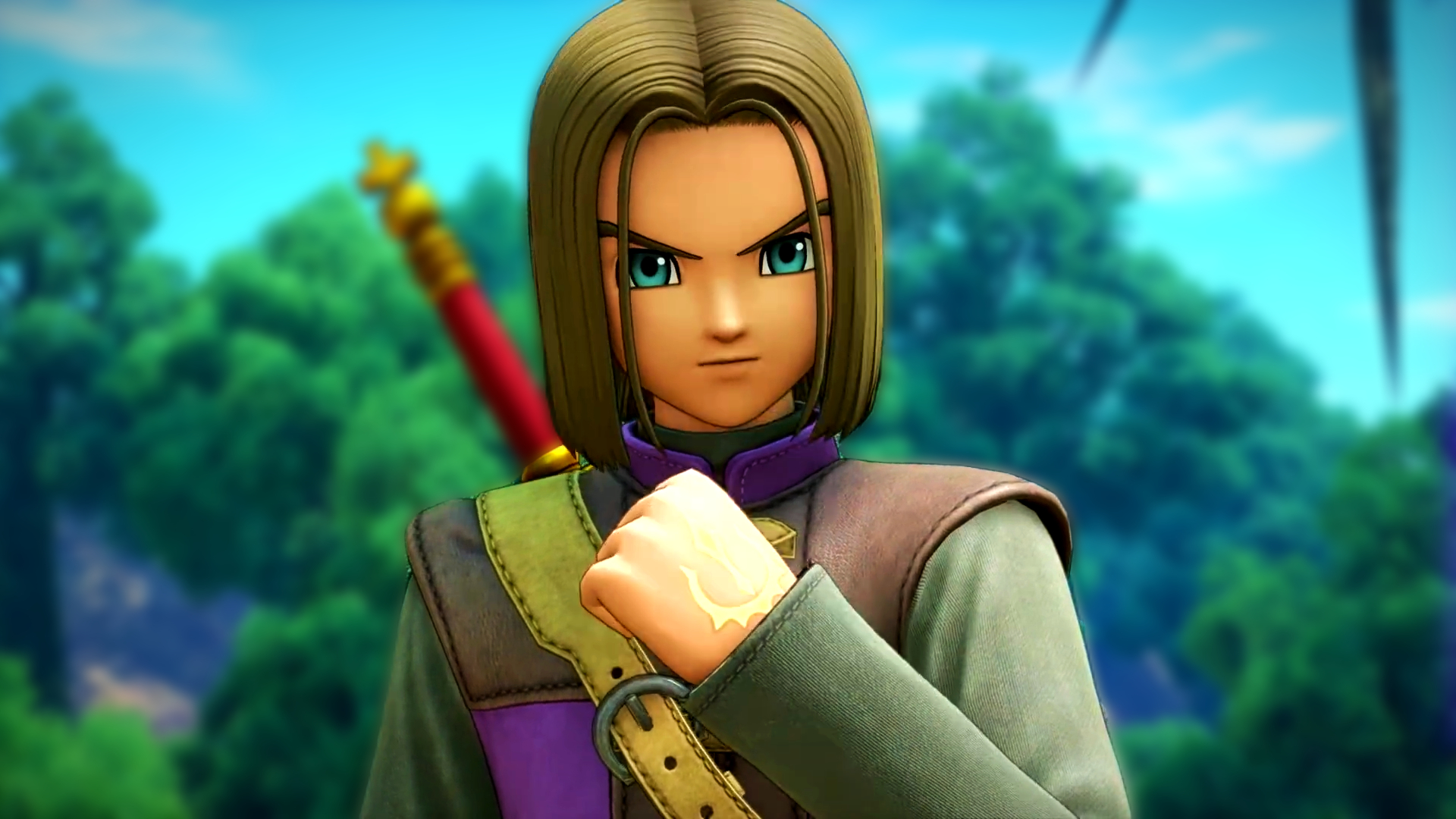- Published on
JRPG legend says graphical leaps make Dragon Quest's 'symbolic' silent leads 'increasingly difficult to depict': 'If you make a protagonist who just stands there, they will look like an idiot'
Graphics advancements bring unique challenges for JRPGs featuring silent protagonists, according to Dragon Quest creator Yuji Horii.

The creator behind the beloved Dragon Quest series has revealed a surprising challenge developers are facing - "increasingly realistic" graphics.
Yuji Horii, the mastermind behind Dragon Quest, says that Square Enix devs may struggle to keep up with graphical advancements in the future - but not in a way fans might expect. The problem that better visuals present lies within the JRPG series' usually silent protagonists, as Horii explains in a new interview translated by Automaton. "[Dragon Quest] basically consists of dialogue with townspeople, with very little in the way of narration," states the dev.
"The story is created within the dialogue," he continues. "That's what's fun about it." The one character without dialogue, though, is "the symbolic protagonist." That way, players can more freely envision the main character's reactions however they'd like to. This sort of immersion headed by a silent protagonist is far better suited to older Dragon Quest games thanks to the graphics of the time, according to Horii.
"As game graphics evolve and grow increasingly realistic, if you make a protagonist who just stands there, they will look like an idiot," the dev describes. There's no easy solution since making the protagonist react more vocally could make it more difficult for fans to connect with them. "That's why, the type of protagonist featured in Dragon Quest becomes increasingly difficult to depict as games become more realistic."
Grappling with more realistic graphics "will be a challenge in the future," Horii concludes. It likely isn't a challenge exclusive to just Dragon Quest, though - after all, other JRPG series like Persona feature silent protagonists. The formula seems to have been successful thus far, even with more recent entries, but there's no telling what direction developers might take to improve immersion later on.